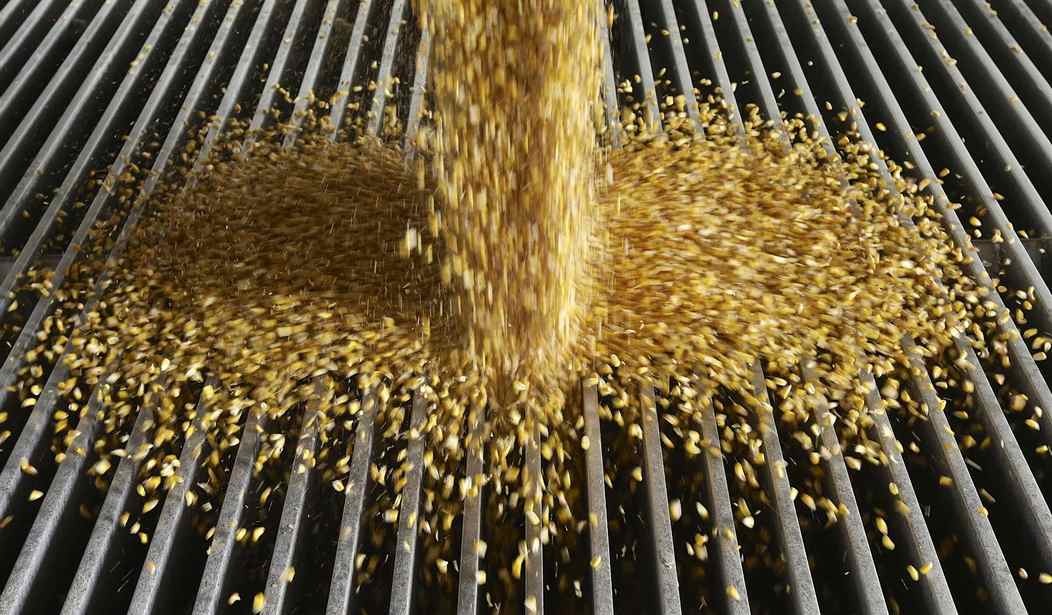In 2005, when Congress created the Renewable Fuel Standard (RFS), it was in expectation that the nation's supply of gasoline would soon be supplemented by something other than ethanol made from corn. Some of the best minds in science and engineering were saying with considerable confidence that the move from the research phase to commercially significant levels of production was just around the corner.
The adoption of the RFS, which many states replicated, turned out to be another misguided intrusion by government into the energy sector. The 2007 recession slowed the global economy, reducing the demand for energy and removing the sense of urgency from the search for alternatives since oil was no longer selling for more than $100 per barrel.
The regulatory regime the RFS imposed, however, turned out to be a gift to the American farmer. It created for them a significant and stable market that is simply no longer sustainable. The public debate about the program's future notwithstanding, it's clear a reexamination of the program is in order before it crumbles under the weight of its own structural flaws.
America cannot produce enough ethanol to meet the current RFS targets. There are not enough alternatives to fuel supplies made from corn for it to continue to work as designed. Congress intended to ensure the ethanol market would grow by letting the EPA set yearly requirements for the amount of renewable fuel to be blended into transportation fuel.
The way the government tracks the private sector's compliance with the RFS mandate is by issuing Renewable Identification Numbers or RINs, based on the amount of blended fuel produced each year. In the late 1980s and early 1990s, the amount of corn produced in the U.S. that went towards ethanol production was typically between three and five percent. After the RFS was authorized in 2005, this increased to about 14 percent. The proportion steadily increased so that by 2016, over a third of all corn produced in the U.S. was used for fuel ethanol production, a clear sign that the RFS significantly increased the demand for corn.
Recommended
American oil refiners, however, have struggled mightily under the burden of high RINs prices. The small and independent refiners where blue-collar Trump voters work purchase RINs from larger blenders because they can't blend fuel and ethanol on their own, meaning they can't generate RINs. This worked while RINs prices were low. As costs rose due to Wall Street's intrusion into the market, the system became unsustainable and as the Fourth Circuit of the Court of Appeals noted, has "amplified competitive disparities" between small and large refineries.
Concerns about energy production and sources aside, small refiners will be forced out of business if the RFS program is not reformed. It might also set off a chain reaction reaching up and down the supply chain, affecting everyone from truckers to farmers.
Blenders buy a large amount of ethanol to mix with fuel from refiners. When refineries shut down the demand for ethanol decreases. If too many refiners shut down, then ethanol producers lose business and purchase less corn. As ethanol producers buy less corn the price of corn drops, hurting farmers and adversely affecting the American economy.
Congress must act to find a solution that stops the harm the RFS is doing, especially to smaller refiners without dumping the problem on the nation's farmers. The writing on the wall is clear. A legislative fix is necessary since it was legislation that created the problem in the first place. The program is broken. But there's still time to fix it before the pain sets in.
























Join the conversation as a VIP Member